Importance of Regular Electrical Inspections
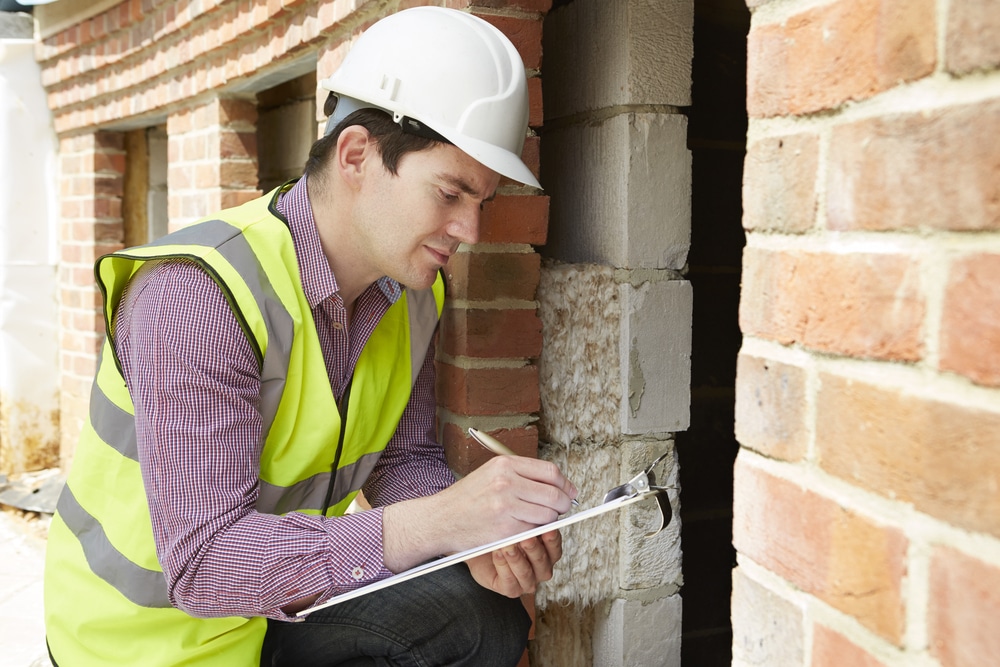
An electrical safety inspection isn’t often considered a top priority for most businesses or homeowners, but it’s of vital importance – sometimes literally. Getting your wiring checked helps ensure your electronics perform well, can help you reduce your electricity costs, and can also save your life.
Read on to learn more about regular electrical inspections and why they are so important for your home or business. If you are looking for an electrical safety course for your employees we do offer that as well.
Why Regular Inspection of Electrical Components Is Necessary
First off, getting an electrical inspection done is necessary for legal reasons. Your town, city, or county may have building codes that require periodic inspections. Violating these codes could result in serious fines or even a lien against your property.
There are no national laws about home inspections. Still, all 50 states have adopted that national electric code from the National Fire Prevention Association (NFPA), which provides standards for safe design, implementation, and operation.
If you own a business with employees, state employment regulations and OSHA may also require you to inspect your electrical systems. You may be required to show that it’s safe for workers to operate. Avoiding electrical hazards at work is very important to reduce accidents and injuries on the job.
Business owners should also have their own electrical regulations around regular checks and the safe use of tools. In the event of an OSHA inspection, those regulations can protect you.
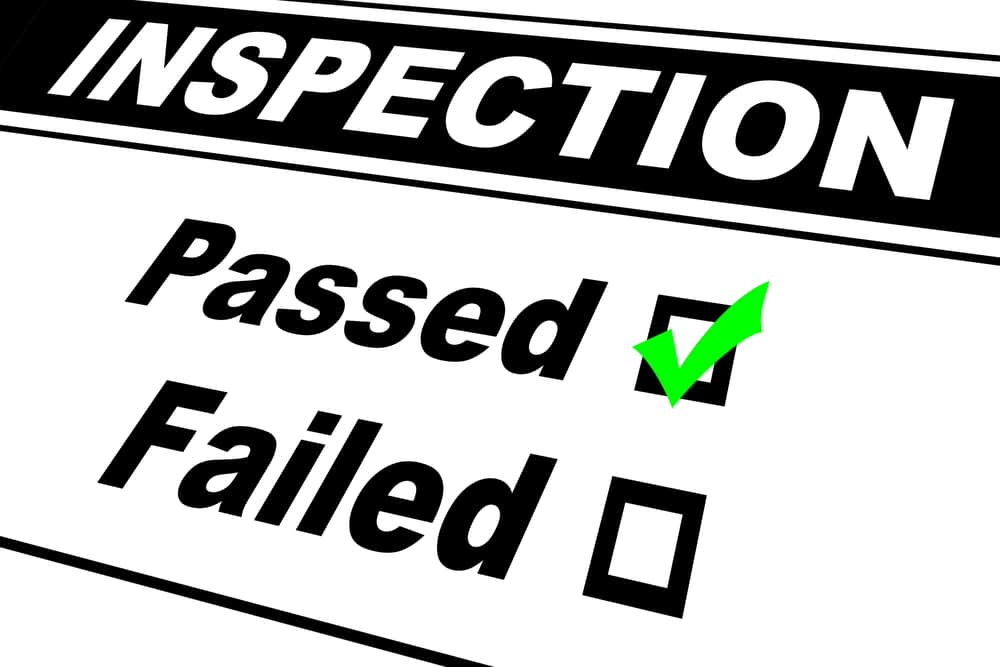
Skipping Regular Inspections Is Risky
Electricity is not something to play around with. There are more than 51,000 electrical fires in the US every year, and together they cost over $700 million and kill or injure over 1,000 people.
Shocks are another risk – frayed wires or bad wiring have the potential to hurt you and can cause power surges that could result in your electronics taking irreversible damage.
Minor problems can turn major quicker than you think. Getting regular inspections can help you to avoid costly repairs.
What Does an Electrical Inspection Entail?
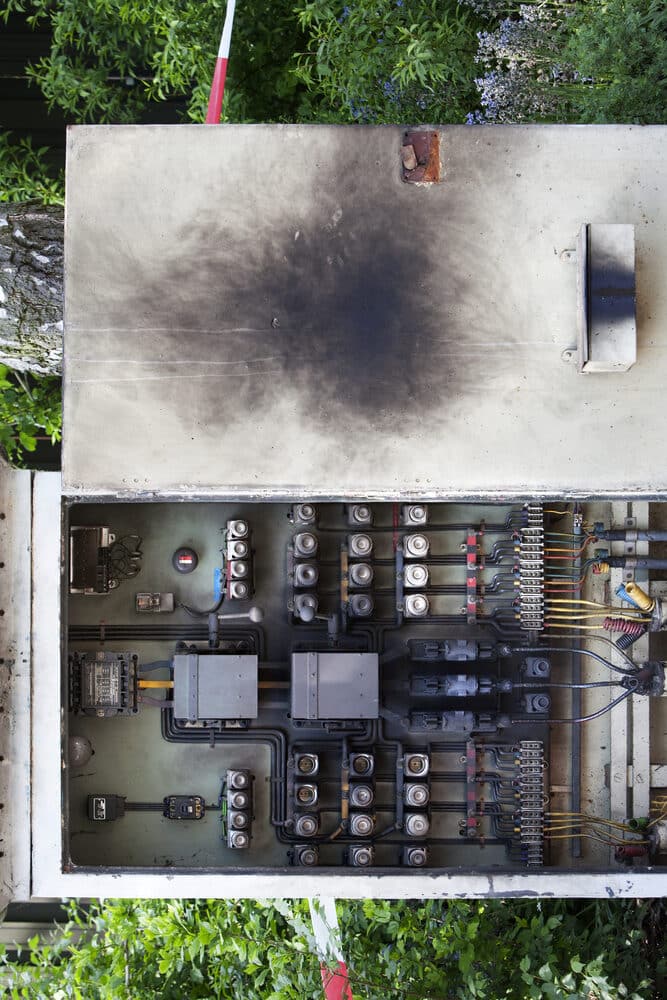
A trained electrician will look at the whole of your building, including power outlets and your fuse box or circuit breakers. They’ll check for any faulty wiring and make sure your system meets the appropriate standards.
A residential electrical inspection will closely examine your GCFI outlets in kitchens and bathrooms and ensure that any buried wires are safe.
A business electrical inspection will ensure that all your circuits are properly grounded and your equipment meets the necessary standards. Unsafe equipment could mean you run the risk of an OSHA fine.
In general, you can also expect a safety check to cover:
- Major electrocution threats
- Ensuring outdoor components are safe
- Checking any arc fault circuit interrupters (AFCIs)
- Ensuring lighting components are the proper wattage
- Checking any security and alarm systems.
At the end of the process, your electrician will give you a report outlining their findings. They may also advise certain repairs or upgrades that they think will help improve your building’s safety.
If you have a business, you should also make sure you have a lockout/tagout procedure and that your employees are properly trained. Your inspector may be able to point out hazards to target.
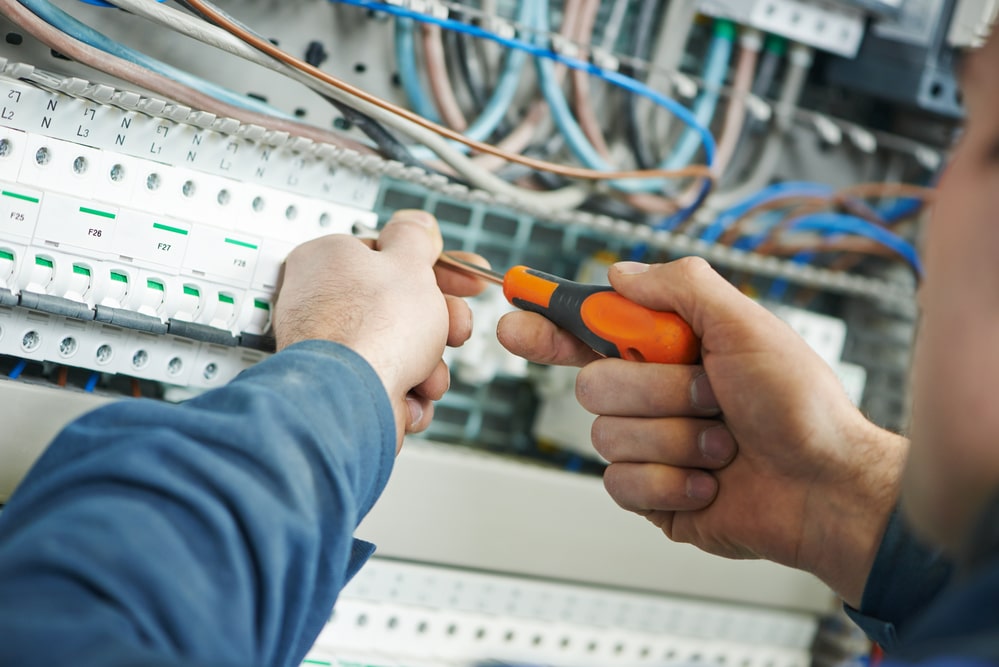
Who Should Perform My Electrical Inspection?
Anyone performing home inspections or business inspections should be a licensed, bonded, and insured electrician. This is not a general DIY task a homeowner can do on their own.
Don’t be afraid to ask for your electrician’s credentials or tell them your concerns. Bad wiring can cause thousands of dollars in property damage and can even kill. You deserve to have peace of mind.
What Is The Purpose of the Electrical Inspection?
The purpose of an electrical safety inspection is to make your that your business’s or home’s electrical system is safe to use. Unsafe wiring can damage or even kill, and it can also cause major property damage.
Outdated wiring, fuses, and circuit boards can overload your electrical systems and start a fire. Thankfully, these components are generally easy and cheap to replace. A regular check can point them out to you and offer any needed repairs.
A regular inspection can also help you reduce your energy costs by pointing out damaged wires or inefficient circuits.
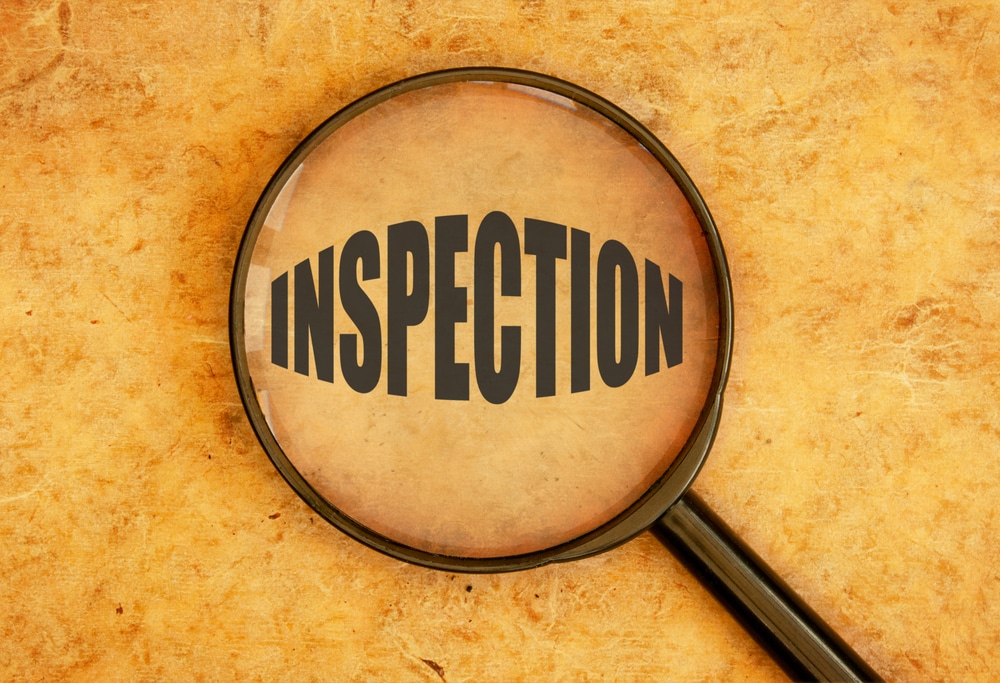
Why Is Testing and Inspection Important?
Testing and checks can keep your business or home electrical system safe for use. You’ll have the peace of mind that comes with knowing your wiring meets local electrical standards as well as the national electrical code.
Healthy wiring keeps your business or home safe and your system efficient. This can help prevent worn-down electronics and a high energy bill. A regular electrical inspection is the only way to ensure your wiring system is healthy.
What Are The Benefits of Knowing Electrical Safety?
Everyone needs to know how to use electricity safely. Even kids should know how to use a power outlet, walk away, and report any electrical sparking. Knowledge like this can prevent a house fire.
And if you’re operating a business that works with heavy equipment, your employees need proper lockout/tagout training.
A business or home electrical inspection can help you learn more about your particular electrical wiring and how to use it safely.

Learn More about Electrical System Safety
Learning about electrical safety inspections and following key OSHA standards should be a priority for homeowners and business owners. Stay aware, stay safe.